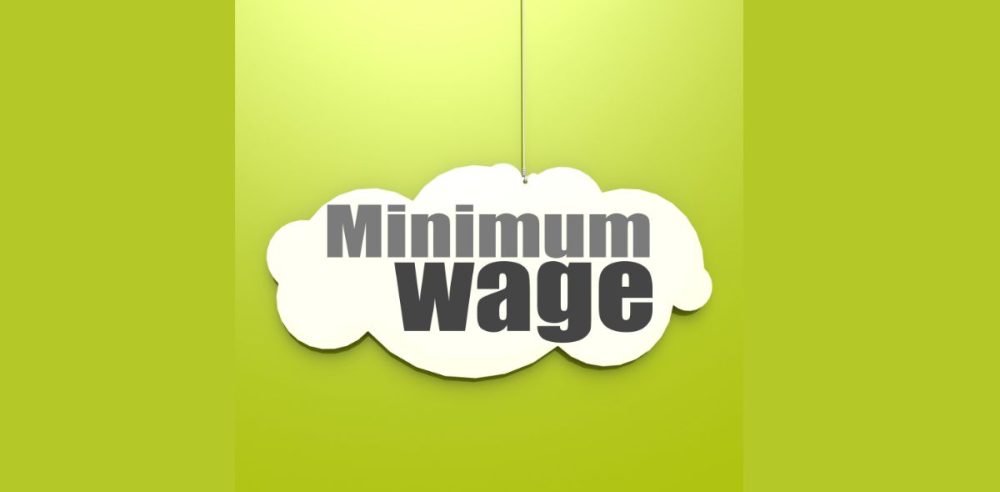California voters have narrowly rejected a proposal to increase the state’s minimum wage to $18 per hour, marking the first such defeat of a minimum wage hike initiative in nearly 30 years.
With 49.2% voting in favor, the measure fell short of passing two weeks after Election Day due to the tight margin, Fox News reported.
The vote revealed significant regional divisions, with coastal and Bay Area counties, excluding a few, backing the increase. In contrast, most inland areas opposed it. California’s current minimum wage stands at $16, with fast food workers at large chains earning $20 due to a special exemption.
Gov. Gavin Newsom has championed minimum wage hikes, arguing they empower workers and improve workplace standards. However, critics, including those from the Employment Policies Institute, claim that the $20 fast-food wage law caused economic harm and job losses.
In defending his stance, Newsom countered claims that the fast-food wage increase would devastate businesses, pointing to the positive outcomes for workers. Yet, California’s Chamber of Commerce CEO and Republican lawmakers, like Brian Jones, argued that wage hikes contribute to inflation and hurt economic stability.
With this defeat, voters have sent a clear message about concerns over rising costs and economic consequences. The state has seen two dozen minimum-wage ballot measures since 1996, but this is the first to fail.
The measure’s backers, including high-profile figures like entrepreneur Joe Sanberg, invested millions in the campaign. Despite this, the public sentiment against the proposal highlights the challenge of balancing worker benefits with economic realities.


